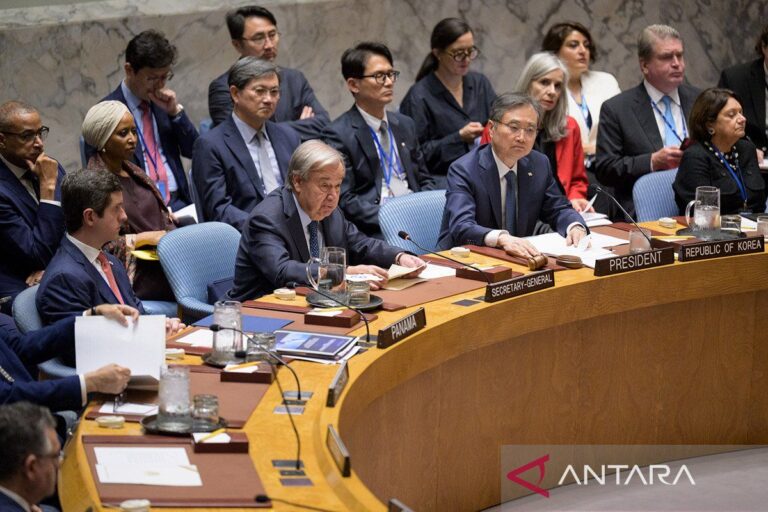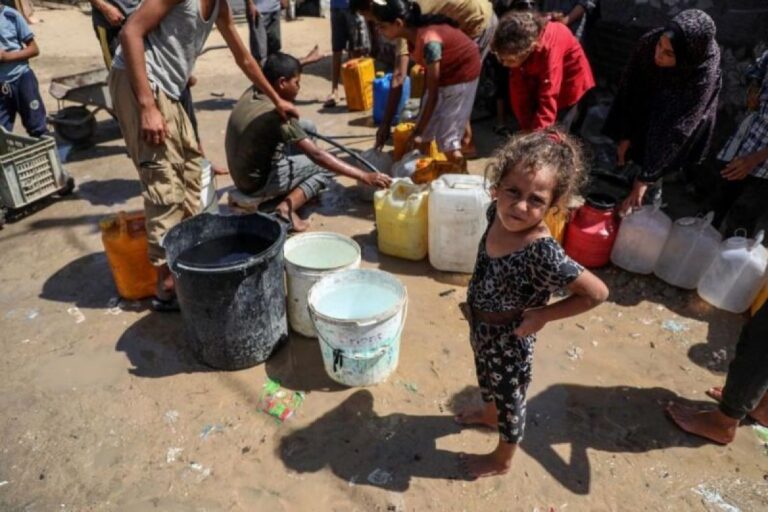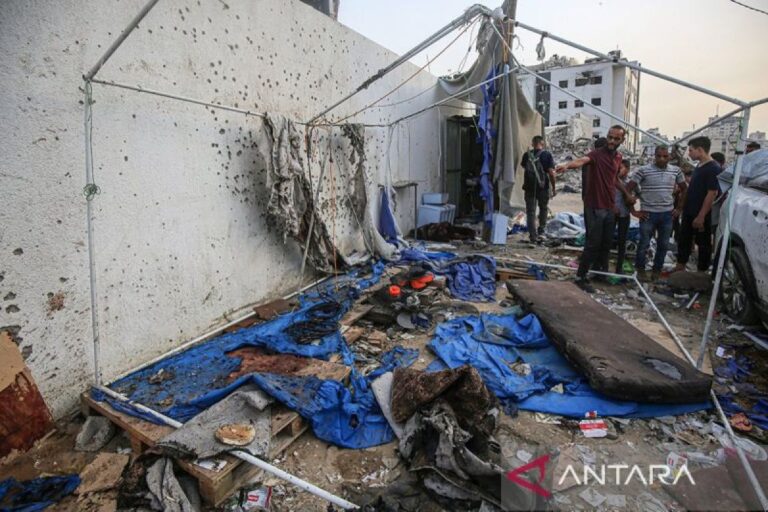
Jakarta (ANTARA) – The conflict that has affected Sudan since April 2023 has turned into a long civil war, transforming the country into one of the world’s humanitarian crisis areas.
The battle, which was initially just a power struggle between two military factions, now involves foreign countries, destroying major cities and forcing millions of citizens to live in starvation and displacement.
The war began on 15 April 2023, when clashes broke out in Khartoum between the Sudan Armed Forces (SAF) led by General Abdel Fattah al-Burhan and the Rapid Support Forces (RSF) commanded by General Mohamed Hamdan Dagalo (Hemedti).
Both sides accused each other of provoking the explosion and the first attack. The conflict, initially a power struggle, later turned into a country-wide civil war.
As time passed, allegations of other countries’ involvement emerged which made the situation worse. The United Arab Emirates (UAE) has been accused of supplying weapons to the RSF, although this has been denied.
However, a UN Security Council report found British-made military equipment supplied through the United Arab Emirates. Besides that, there is also financial support for RSF mercenaries from the UAE.
Read also: Senior UN official regrets apathy towards atrocities in Sudan
On the other hand, Iran and Turkey are suspected of supporting the SAF by sending weapons and drones combat via military cargo flights, including Mohajer-6, from late 2023.
This conflict has its roots in Sudan’s long history of political instability. Since independence in 1956, Sudan has been characterized by tensions between the more prosperous north and the marginalized south.
The ongoing civil war since 1983 ended with South Sudan’s secession in 2011. However, political chaos continues in northern Sudan under the regime of Omar al-Bashir, who came to power in a coup in 1989 and formed the RSF of the Janjaweed militia to quell the rebellion in Darfur in 2003.
Bashir’s authoritarian government finally fell in April 2019 through a joint coup between Al-Burhan and Hemedti. However, their alliance did not last long.
A subsequent coup in October 2021 overthrew the civilian government, making Al-Burhan the de facto leader, while Hemedti became his deputy.
Disputes then emerged regarding the integration of the RSF into the SAF and the division of powers in the new government. This tension eventually led to the outbreak of open warfare two years later.
Read also: Sudan envoy: UN Security Council must investigate “genocide” in Darfur
Since the fighting began, thousands of civilians have been killed and millions more have fled to Chad, Egypt and South Sudan. Many areas have lost access to electricity, clean water and medicine.
Humanitarian organizations also reported that most hospitals in Khartoum and Darfur were no longer functioning due to destruction or a lack of medical staff.
As we enter October 2025 on Sunday (10/26), conditions in Sudan are worsening. The RSF reportedly managed to capture the city of el-Fasher, the capital of North Darfur, after an 18-month siege.
During the siege, civilians were prevented from fleeing and obtaining food and medicine.
2,200 civilians were killed in the attack and approximately 390,000 people were forced to flee. Local medical reports also mentioned mass killings of civilians.
Read also: Sudanese authorities confirm the deaths of 2,200 people at the hands of the RSF
Reporter: Putri Atika Chairulia
Publisher: Suryanto
Copyright © ANTARA 2025
Automatic retrieval of content, crawling or indexing by artificial intelligence on this website is strictly prohibited without written permission from ANTARA news agency.



